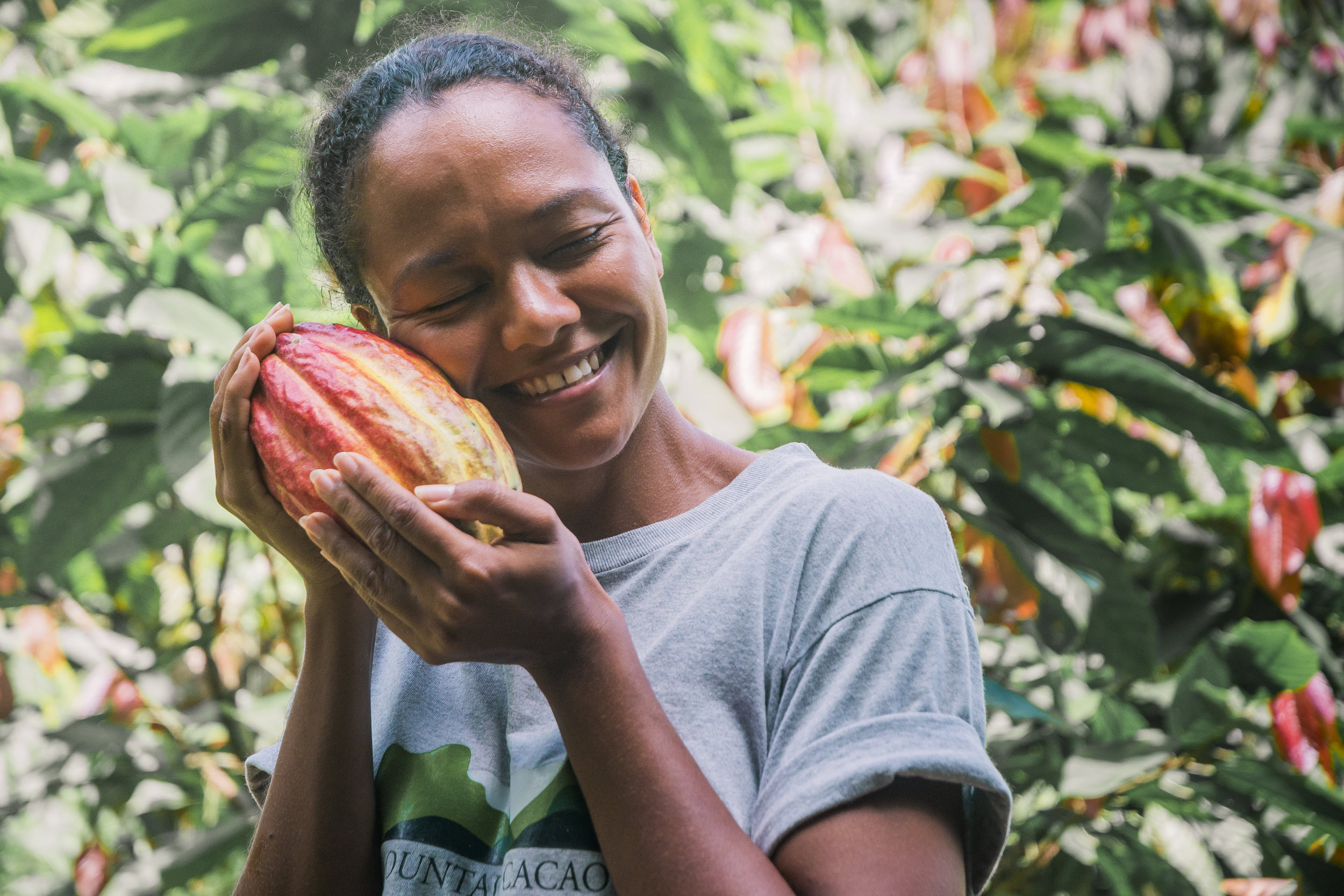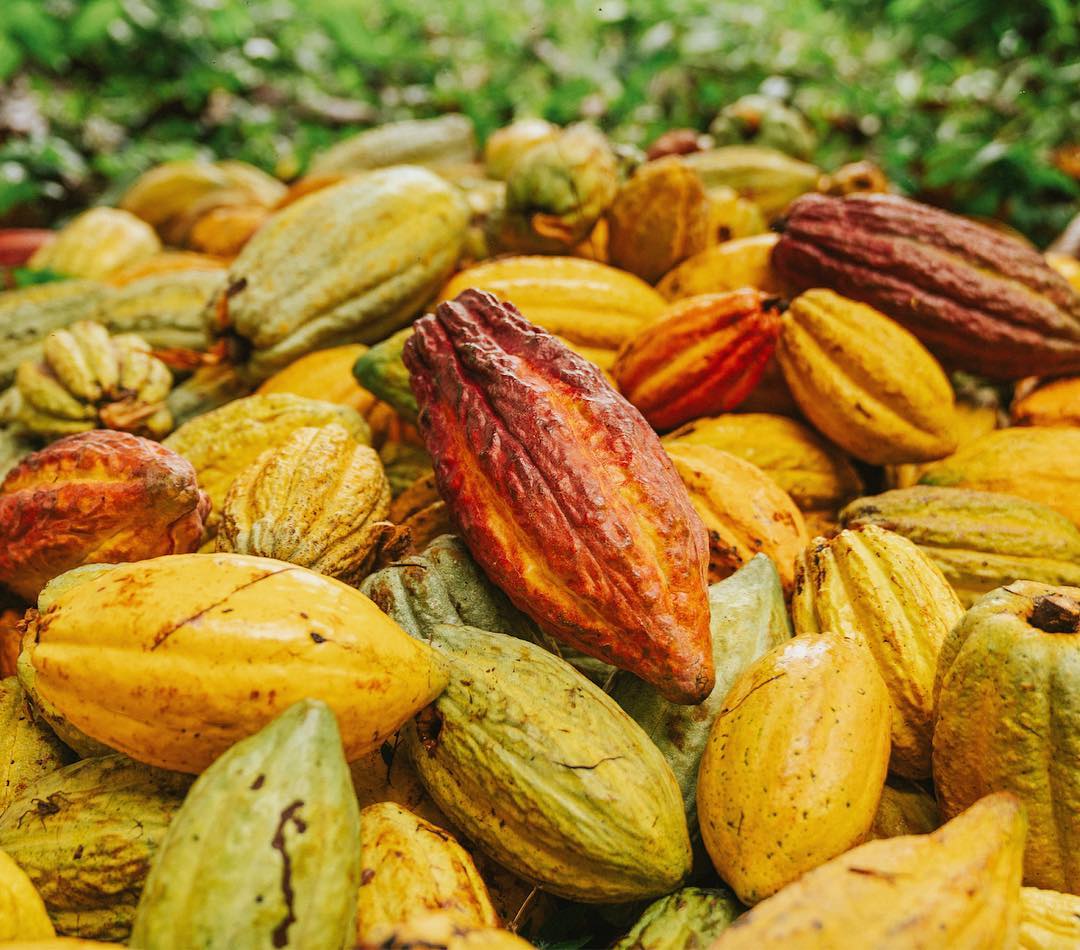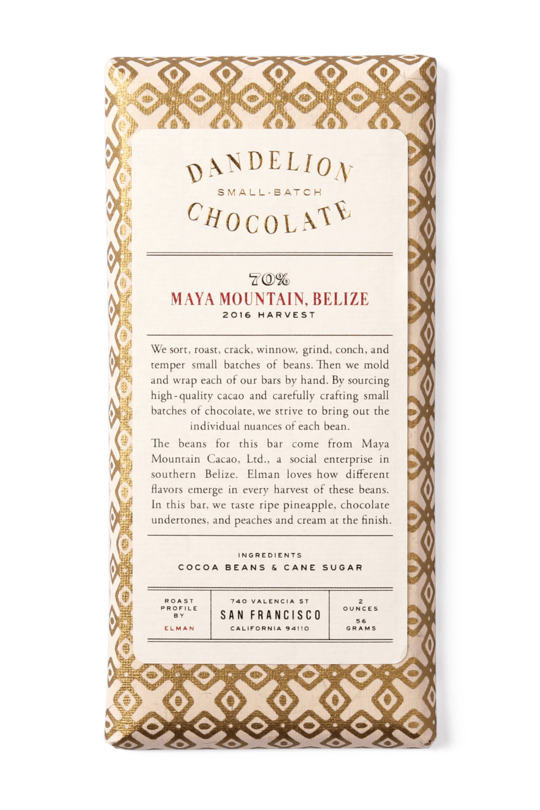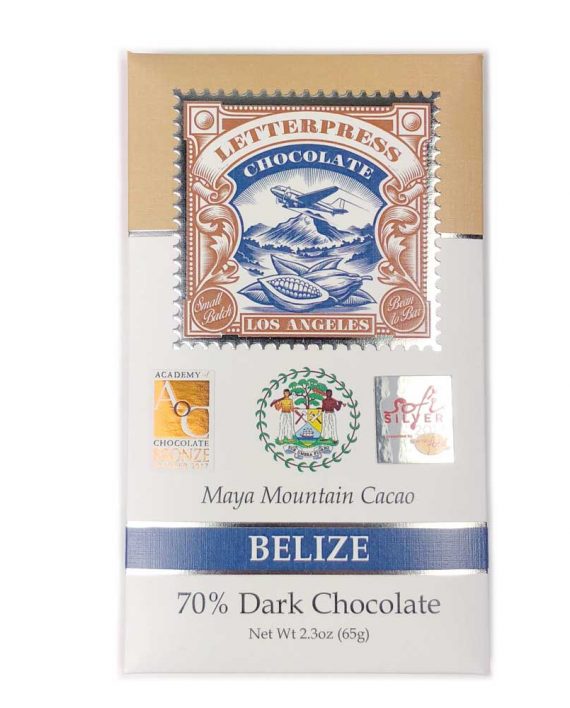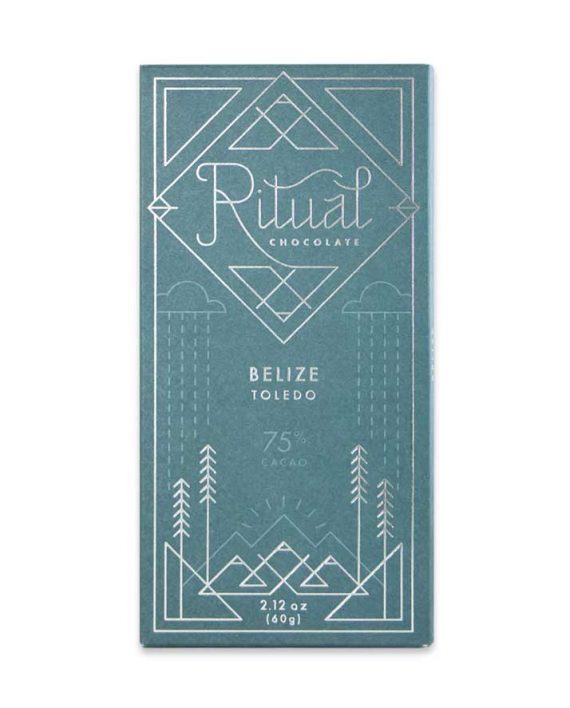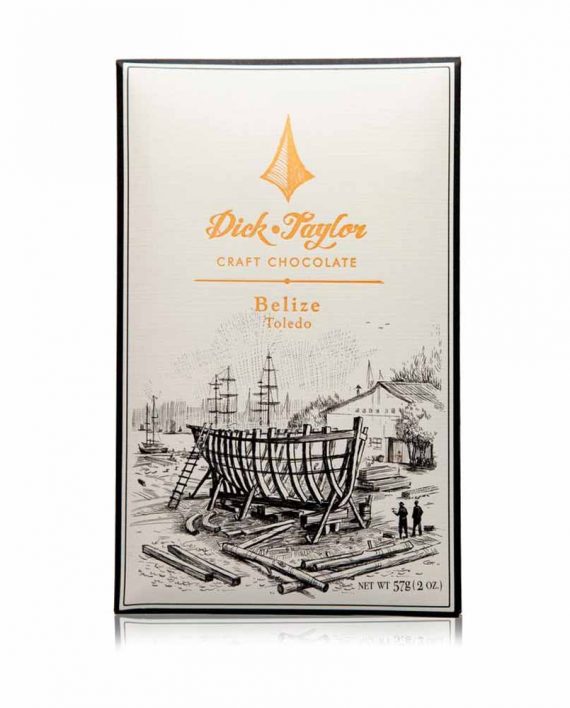Minni Forman, Maya Mountain Cacao
The Details
Occupation: Managing Director at Maya Mountain Cacao, which is part of several companies under the Uncommon Cacao umbrella
Location: Punta Gorda, Belize
Known For: Helping to build Belize’s Maya Mountain into the vital company it is today. Maya Mountain processes, markets, and exports fine-flavor cocoa beans to chocolate makers around the world, and it’s well-known in the American bean-to-bar circle for its high-quality beans and ethical transparency (it even publishes a yearly transparency report). Dandelion, Dick Taylor, Castronovo, and many others use beans from MMC, as well as beans from other parts of the Uncommon Cacao family.
Job Details: Minni works with more than 400 smallholder farmers on a regular basis!
Can You Visit? Yes! Email MMC hosts trips to Belize; email anjuli@uncommoncacao.com for more info. Dandelion also hosts trips to Maya Mountain; check out this page to see future listings.
Other Important Facts: Minni was raised in a rural village in southern Belize but earned her bachelor’s in journalism in the U.S. After graduation, she managed urban farm collectives in Detroit for five years before moving back to Belize. She lives with off the grid on her family’s subsistence farm, working to create a self-sustaining farm-to-table food supply model for herself and her family!
The Questions
Megan Giller: What did you want to be when you were a kid?
Minni Forman: I wanted to be a botanist or a farmer.
Megan: Why chocolate?
Minni: I am deeply interested in farming and creating sustainable and fair agricultural systems. As it happens, cacao, which is the key ingredient in chocolate, is an agricultural product that has severe issues with how it is conventionally sourced and traded. Working in cacao/chocolate has opened my eyes to many sobering realities but also gives me hope as I work alongside my colleagues at Uncommon Cacao and partner with farmers and chocolate makers to undo historic oppressive systems in the supply chain little by little, every day.
Because cacao takes a lot of manual labor to grow and process, and is a crop predominantly cultivated in regions colonized by European countries where historically, it was extracted unethically using slave labor, cacao beans and chocolate are still undervalued in global markets and consumers have come to see chocolate as something cheap and widely accessible. Many of those systems of post-colonialism and slavery are still in place today. Farm gate prices for cacao are based on historic exploitive systems. If everyone were to be paid fairly across the cacao supply chain, prices would disallow chocolate from being readily available for very low prices at gas stations, drug stores and grocery stores across the globe.
I am very fortunate to be able to work for Uncommon Cacao, a company with a steadfast mission of trading cacao transparently and publishing all pricing along the supply chain from farm gate prices to sales prices, fostering connection between farmers and chocolate makers and thus challenging these historical exploitive systems in the chocolate industry.
Megan: What’s your daily routine, starting with waking up and ending with bedtime?
Minni: I live off the grid in the rain forest of Belize, so my routine is longer than most people’s. When I wake up, I boil water for my bucket bath so it’s not super cold (I don’t have any plumbing and catch all my own water from rainfall). After that, I heat up food from the night before to a boil to kill off any germs. I do this to preserve my food because I don’t have a fridge.
I drive to work, where I am the general manager of Maya Mountain Cacao. I manage a staff of five plus seasonal workers. My job has a wide scope of work, including relationship management with our network of 409 organic farmers, managing company financials, and human resources, etc. with the help of our amazing team. I like to get out of the office to meet with farmers and hear updates from their perspective. I also get to host chocolate makers and bring them to meet farmers, which is an amazing part of my job.
Some days I spend in remote areas buying cacao or hiking our company’s demonstration farm with staff to discuss next steps. When I get home, I usually cook something on my wood fire, and after dark I have to check for scorpions and tarantulas in my house and bed before going to sleep.
Megan: How do you find inspiration and creativity in your day-to-day work?
Minni: I am inspired by Belize’s clean environment, which gives me access to natural resources such as clean rainwater and streams in my village to wash in and drink. It gives me great purpose to know that the work I do in sourcing organic cacao at a sustainable price provides income to small farmers while preserving the clean environment and the natural resources that subsidize cost of living where I live.
Megan: What are you most proud of in your business life?
Minni: I am most proud of being able to communicate between farmers and chocolate makers and work with my team to create an environment of understanding and sharing. For instance, I spend a lot of time talking to cacao farmers and chocolate makers to help foster understanding from each of their unique perspectives. Together, we all are facing challenges and opportunities from the same side of the table versus having a one-way flow of communication.
Megan: What would you tell yourself 10 or 20 years ago that you wish you knew then?
Minni: I would tell myself that traditional food systems are not broken but designed to do exactly what they are doing, which is marginalizing women and people of color for the benefit of a few. I would tell myself not to be ashamed to fight these oppressive systems every single day by doing what I can. Some days it looks like small, mindful acts like making eye contact and remembering a name, and other days it is more expansive like making long-term career decisions to serve people better and raise awareness about traditional global food systems and their nefarious designs.
Megan: What’s a challenge that keeps you up at night?
Minni: Global patriarchy and white supremacy and how it subtly (and not so subtly) manifests itself in postcolonial food systems and has come to be accepted by the masses with an “out of sight, out of mind” mentality.
Megan: Why do you think women are associated so strongly with chocolate?
Minni: On a mainstream level, I don’t think women are associated with chocolate in the right ways. Women actually do significant amounts of work on cacao farms to harvest, prune, process, etc. but are rarely given credit. Chocolate is branded by mainstream culture as something women like to eat or some “romantic” gift to be given to women, but it is antiquated and the woman’s role in this scenario is passive. I like that craft chocolate is redefining women’s relationship with chocolate and highlighting us as doers, makers, growers, and drivers of the industry and getting us the recognition we deserve.
Megan: Why do you think there aren’t as many women making chocolate as men?
Minni: Global, systemic patriarchy. In our society, men have basic unearned privileges that women do not, especially in careers and in the professional world. It all starts with socialization from an early age that teaches girls/women to be more passive and less hands-on in physically skilled trades and STEM.
In my observation, many bean-to-bar chocolate makers come from male-dominated career backgrounds such as tech and engineering as well as skilled trades that require physical labor and socially. These skills are discouraged among girls from an early age. A real-life example of this is that my job requires that I am able to drive a stick shift pickup truck, tow vehicles out of remote areas, and change tires that blow out frequently on rough roads. But many women are socialized to never try these things and thus they avoid jobs that require such work.
Megan: Name a woman (or several women), past or present, whom you admire.
Minni: Issa Rae, Franchesca Ramsey, Assata Shakur and many more.
Megan: What’s the one thing you wish people knew about chocolate?
Minni: Chocolate is an agricultural product that is made with cacao beans, and it takes extreme endurance and grueling labor to grow and process these beans in order for them to be consumed as chocolate. The way many people know chocolate in the mainstream is as a treat you can pick up at a drugstore or gas station or a gift shop for a holiday. I wish consumers were more educated about the processes and systems involved in the production and distribution of chocolate. By deciding to buy chocolate that is transparently traded, this alone is a really progressive, even radical act that can work to change these systems over time.
Know a woman in chocolate you’d like to nominate to be part of my Q&A series? Have a question you’d like to ask as part of my Q&A series? Email me at megan@chocolatenoise.com!

